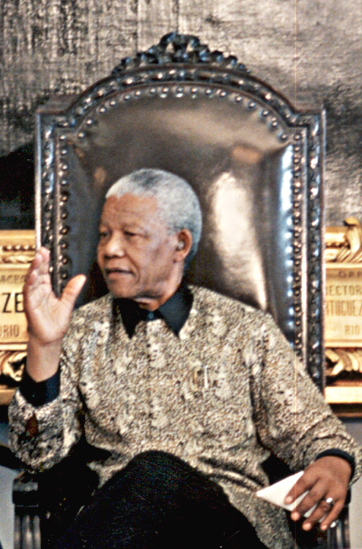People with no real lives of their own have been furiously debating whether Stephen Harper will lead his party into the next election or leave the poisoned chalice to his successor.
For months now, the Conservatives have polled at 30 per cent or under — it was 29 per cent last week — a figure that makes defeat a pretty safe bet. Mr. Harper can hardly be looking to end his long political career by being electorally humiliated. And by the callow Justin Trudeau at that. So being the smartest guy in any room, wouldn’t he choose to step down first?
Unless, say the bloviators, he changes his strategy. Here there is profound lack of consensus. Leopards don’t change their spots, and Mr. Harper is one diehard cat. Given the merciless hyperpartisan senior advisers who now surround him, it certainly seems improbable that he intends to alter the mean-spirited strategy that has left him below Mr. Trudeau in the polls.
But as Paul Wells emphasizes in his fun new book on Mr. Harper, The Longer I’m Prime Minister, our Prime Minister will do just about anything necessary to stay in power. Forget conservative ideology. Think Conservative Party. So how can he reverse the losing strategy of acting naturally?
Allow me to make a modest proposal — free of charge — to the Conservative Party. Why doesn’t Mr. Harper try to act just a little more like one of his apparent heroes, a certain Nelson Mandela. Hold on. Give me a chance. I say this without a soupçon of sarcasm. The PM’s tribute to Mr. Mandela after his death was not only eloquent, it showed a real understanding and appreciation of Mr. Mandela’s genius.
Mr. Mandela, Mr. Harper said, was a “great moral leader…He left prison with his mind closed to any settling of scores and his heart open to those he had fought against. He demonstrated that the only path open to his nation was to reject the appeal of bitterness.” At all times, he showed “magnanimity.” Mr. Harper has never sounded more genuine.
It seems to me humanly impossible, even for Stephen Harper, to be unaware of the contrast he implicitly drew between Nelson Mandela and himself. It’s hardly an exaggeration to say that Mr. Harper’s entire life has been the purest antithesis of every aspect of Mr. Mandela’s life.
Mr. Mandela practised magnanimity. Harper proudly declares: “I couldn’t care less what my critics say.”
Mr. Mandela practised the politics of generosity. Harper practices the politics of mean.
Nelson Mandela ends a lifetime of unimaginable adversity without bitterness or need to settle scores, Stephen Harper emerges from an apparently model middle class background driven by bitterness, resentment and an obsessive, paranoid need to get even with mortal enemies who had done him no harm. As The Globe‘s John Ibbitson put it, “some days the PM seems to be about nothing but grudges.”
Mr. Mandela leaves prison on warm and respectful terms with the warders who guarded him. Mr. Harper grows up inexplicably driven by visceral fury against Liberals/civil servants/elites/scientists/environmentalists/progressives/dissidents/journalists, none of whom had ever personally hurt him in the slightest way.
Mr. Mandela’s great achievement was to unify his impossibly divided nation. Mr. Harper’s electoral strategy has always depended on dividing and polarizing Canadians.
Mr. Mandela laboured to reconcile all South Africans to the new rainbow nation. Mr. Harper has never been interested in anything but the “base” — the 40 per cent of Canadians who are potential Conservative voters.
Mr. Mandela fought for a world where the ideals of justice and equality applied to all. Mr. Harper has defunded and deliberately smeared the very Canadian NGOs and civil society groups that exist to achieve these same goals.
Mr. Mandela was prepared to forgive apartheid offenders if they confessed their crime. To Mr. Harper, that would make him soft on crime, soft on criminals, indifferent to the victims.
Mr. Mandela collaborated with ferocious lifelong enemies. Mr. Harper has called political opponents terrorists, Taliban supporters, unpatriotic or soft on Hitler.
Mr. Mandela believed in reconciliation; Mr. Harper believes in retribution. Mr. Mandela befriended his jailers; Mr. Harper is swelling the jail population.
Mr. Mandela devoted his life to winning the vote for every adult South African. Mr. Harper is forcing through a bill seeming to make it more difficult for First Nations, young people and the poor to vote.
Mr. Mandela embraced the sentiment he found in an obscure British poem, “Invictus”: “I am the master of my fate, I am the captain of my soul.” Mr. Mandela, whom Mr. Harper truly seems to have admired, was 72 when he was released from prison and demonstrated that he was indeed master of his fate. Theoretically, it’s never too late for anyone to do so. Of course no one can be another Mandela. But anyone can try to be a mensch.



